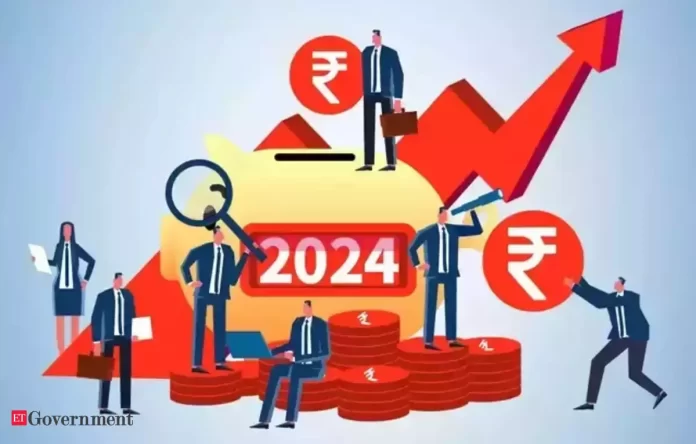Budget 2024: How the government may increase employment? On June 23, Finance Minister Nirmala Sitharaman will unveil her seventh budget, the first to be presented under the ‘Modi 3.0’ framework.
According to Goldman Sachs, it anticipates that the government would boost social spending with an emphasis on job development and the rural economy. It stated, “We see an emphasis on job creation through labour-intensive manufacturing.”
Global influences and technical improvements have caused ups and downs in the work sector. The employment market appears to be poised for stability, if not expansion, given the improved GDP projection. The future appears promising for employers and job seekers alike in India due to rising consumption and a growing demand for talent.
The upcoming Union Budget 2024 is anticipated to include measures pertaining to taxation and employee welfare, the hiring process, formal job creation opportunities, streamlining compliance, modernizing labor codes for modern workplaces, and tackling the nation’s skill gap issue.
The budget should prioritize a number of important sectors, according to Jasvinder Bedi, Managing Partner of Biz Staffing Comrade Pvt. Ltd., in order to promote economic growth and employment creation.
“The staffing industry plays a critical role in creating job opportunities, assisting businesses in expanding, building a talent pipeline, and ultimately driving economic growth,” he stated. Therefore, this sector merits being classified as an industry.”
Retraining and upskilling are now far more important than they were even a few years ago. In order to connect the workforce with the demands of the developing market, the future budget must prioritize the creation of jobs and providing people with the necessary skills, particularly in technology.
It is anticipated that additional money would be allotted to organized and thorough skill-building initiatives in the Union Budget 2024, since proficiency with new and developing technology becomes crucial for many different businesses.
“We firmly think that programs like digital upskilling, STEM education, and vocational training can considerably narrow the existing skill gap. The workforce can be prepared by these programs for roles in new industries, both now and in the future. Encouraging deductions for training courses will boost lifetime learning and professional development, boosting individual career progress and worker competitiveness overall, according to Bedi.
Even if the government has been promoting job creation through a number of measures, it is critical that the Union Budget 2024 establish a solid plan for economic expansion and maintains the momentum for the creation of new job opportunities in all sectors of the economy.
“As the budget unfolds, scaling the path towards India’s growth story, we await a socially inclusive budget, with measures and allocations that will pave the way for a robust and inclusive workforce,” he stated.




























